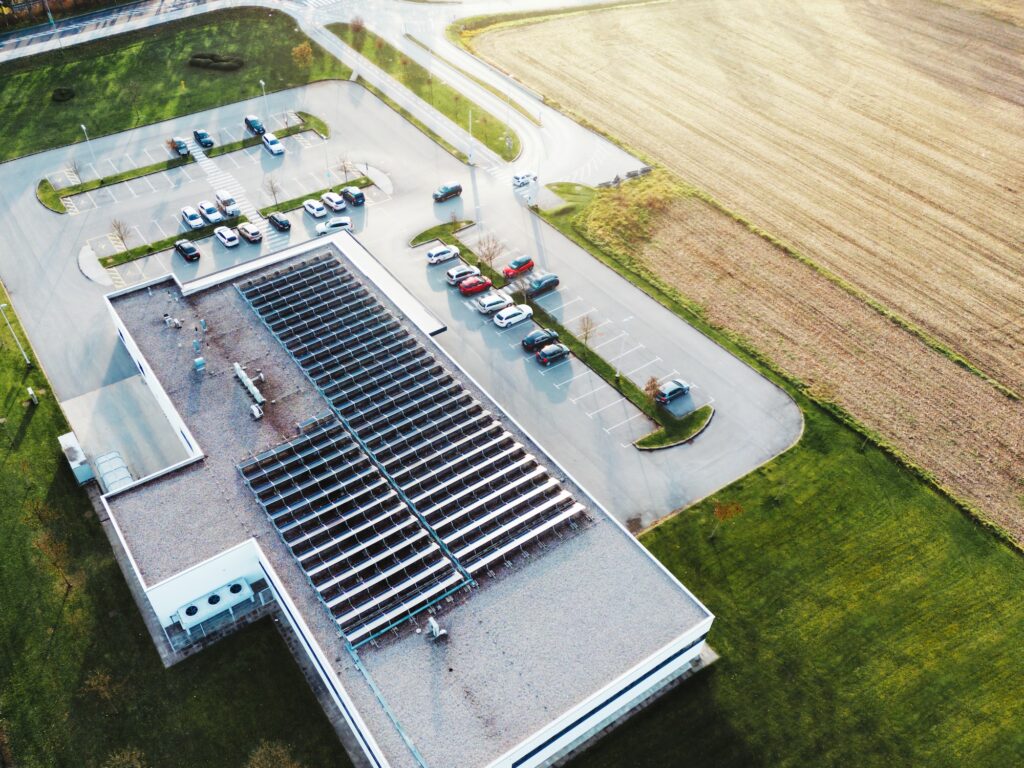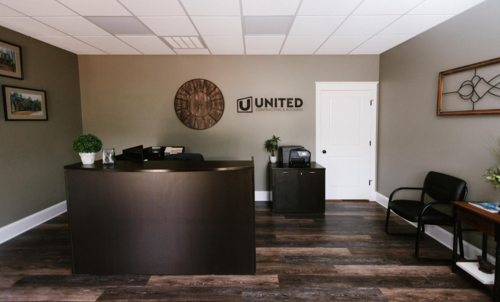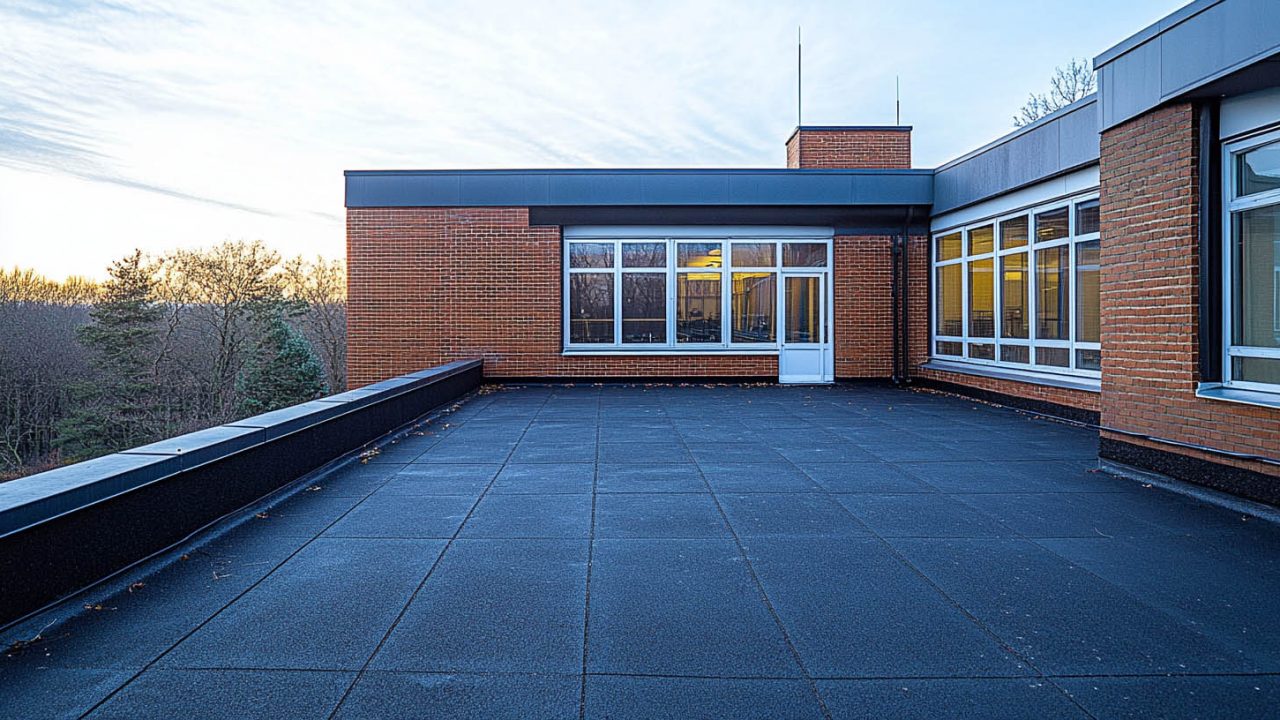Understanding the weight capacity of a flat roof is crucial for maintaining the structural integrity of your commercial building. Whether you’re constructing a new facility or evaluating an existing one, it’s essential to consider how much weight your roof can safely support. This guide will help you understand the key factors involved in determining the weight capacity of your flat roof.
United Contracting & Roofing LLC in Greenville, SC, emphasizes the importance of accurately assessing and maintaining your roof’s weight capacity to ensure long-term safety and functionality.
Determine the Expected Structural Load
The expected structural load is typically expressed in pounds per square foot (PSF). This measurement helps predict the amount of weight your roof will need to support. Key factors contributing to this load include:
- Snow and Ice Accumulation: In regions where severe snowstorms are common, snow and ice can significantly increase the weight on a roof. As snow thaws and refreezes, it can compact into heavy ice sheets, especially problematic for older roofs with poor drainage.
- Commercial Equipment: Air conditioners and other heavy equipment are often installed on flat roofs. Their weight must be factored into the total load.
- Foot Traffic: Regular maintenance or potential use of the roof for other purposes can add to the load.
- Automobile Traffic: In rare cases, flat roofs may need to support the weight of vehicles.
Understanding these factors helps in estimating the structural load and determining if your roof requires reinforcement or replacement.
Compare Roofing Materials
Different roofing materials offer varying levels of weight capacity and durability. Some common materials include:
- PVC
- TPO
- EPDM
- Built-up Roofing (BUR)
- Modified Bitumen
- Polyurethane Foam
Each material has its own advantages and limitations, including lifespan and weight capacity. It’s vital to work with a professional roofing company to inspect your existing roof and recommend the best material for your needs.
Factor Extra Weight
Flat roofs are susceptible to accumulating additional weight from rain, snow, and ice. Even a small amount of standing water can add significant weight. For instance, one inch of water or ice is approximately equal to the weight of one foot of snow. Therefore, a few inches of ice with snow on top may exceed the weight capacity of your roofing material.
Regular inspections and proper maintenance can help mitigate the risks associated with extra weight. Reinforcing your roof to handle typical precipitation amounts is crucial for preventing structural damage.
Include Proper Water Drainage
Effective water drainage is critical for maintaining the weight capacity of a flat roof. Pooled water can cause leaks, mildew growth, and additional weight strain. A well-designed drainage system helps prevent these issues by efficiently removing water from the roof surface.
United Contracting & Roofing LLC recommends designing a robust water drainage system to protect your roof from the damaging effects of standing water.
Keep Your Company Protected with Benton Roofing
Flat roofs are designed to handle the estimated structural load specific to their location. However, the exact weight capacity varies. To ensure your commercial roof is safe and capable of supporting the expected loads, regular inspections and maintenance are essential.
For expert assistance in Greenville, SC, United Contracting & Roofing LLC offers comprehensive inspection and maintenance services. Don’t wait for visible signs of damage like sagging, cracking, or leaking. Contact a local leader in quality repairs, affordable installations, and rapid maintenance tasks to keep your commercial property safe.
Conclusion
Determining the weight capacity of your flat roof involves considering various factors such as snow and ice accumulation, commercial equipment, and proper drainage. Regular inspections and the use of appropriate roofing materials can help ensure your roof remains structurally sound. By partnering with a reputable roofing company like United Contracting & Roofing LLC, you can safeguard your commercial building against potential roof damage.If you want to know more about risks of fall debris on roofs, click here.








